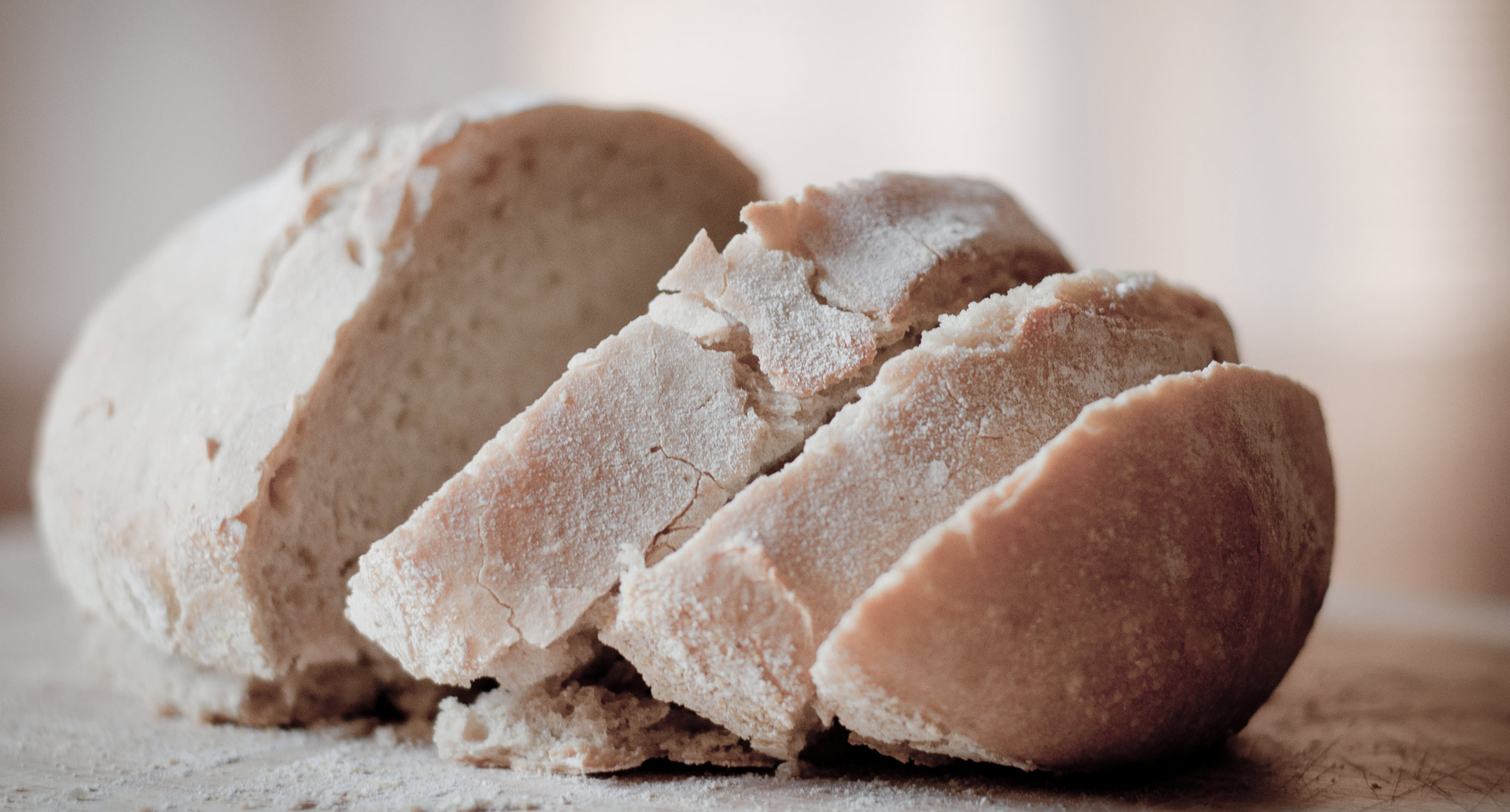NAN DOUD|GUEST
Isn’t it interesting how nostalgias are passed down through generations? Growing up, mom would occasionally buy this bizarre tubular food, Boston Brown Bread. She bought it because it reminded her of her childhood. Olfactory memories are certainly some of the most powerful ones. We only had it a handful of times when I was a child, and yet the sweet, warm squishy circles of goodness still had my mother’s childhood memories attached to them.
As each bite went down into my belly, the memories got put into a deeper memory file on my internal hard drive. Every experience added a new layer of olfactory nostalgic encryption, locking the smell, the texture, the taste bud response, and the memory of my mom into place.
Passing on the Memory
A few weeks ago as I was walking through the grocery store with my boys, a can of bread jumped into view and suddenly I could smell it. I could hear my mom’s voice talking about how she liked it with cream cheese slathered on it. Because she had a special memory attached to it, my own memory of it is linked to her story. This familial chain of nostalgia means that Brown Bread is not stored in the same mental filing cabinet as everyday sandwich bread or even birthday cake, where the memory of making it and the events surrounding them is stronger than the taste or smell.
Though the memory was buried deeply, when I saw the brown bread on the shelf, my olfactory memories rushed to the appropriate synapses, and soon that old file was dusted off and opened like a can of brown bread, the story rushing out as quickly as the unmistakable aroma. And I had to have it. I needed to enjoy eating it and thinking about my mom. I needed my boys to eat it… because it was more than food… it was a piece of my story.
Perhaps that’s why my grandma gave it to my mom. Maybe when Grandma was growing up on the raisin farm in Fresno, her mom would steam it fresh in her own coffee can. It’s entirely possible that these olfactory stories go back to our family roots in Massachusetts, where the New England staple first came into being. And now my kids will have this odd cylindrical loaf ingrained in their own memories like the lines of the can on the bread. I don’t really know if this bread has that many generations of nostalgia attached to it, but I do know that when you’ve tasted something special, even something as seemingly mundane as bread from a can, that has a story to go with it, you want to say, “You need to eat this!”
Eat and Remember
There was a man named Jesus. He once shared a special meal with his friends. It was a meal associated with a long-shared generational story, the details of which were more carefully preserved than even the olfactory memories attached to it. His friends had eaten that meal with their kinfolk every year of their lives for as long as they could remember. They had the questions and the answers memorized like a song.
Exodus 12:26-27 And when your children say to you, ‘What do you mean by this service?’ you shall say, ‘It is the sacrifice of the LORD’s Passover, for he passed over the houses of the people of Israel in Egypt, when he struck the Egyptians but spared our houses.’” And the people bowed their heads and worshiped.
These stories of a suffering enslaved people set free from bondage as they watched their enemies swallowed by the sea, of water from a rock, of wilderness wanderings, all became intertwined with their own family memories of this holy meal. So when Jesus held up that bread and said to them that this bread was actually about him and that they were henceforth to attach new memories and new stories to its relevance in their lives— that this bread and wine were not just ways to remember what no one living could actually remember, but to remember and proclaim their own freedom story—their minds must have been blown.
That file on their internal hard drives was pulled out and rearranged. The old stories they knew by heart finally made sense. It had always been a freedom meal. It had always signified utter reliance on another for salvation. It had always said to them, “Eat now! For now is the hour of salvation!” Jesus was telling his friends that same thing. “This is me,” he told them… “I am your salvation. I am the bread of life. Remember me, yes… but also subsist on me alone. And in so doing you are telling the whole world this freedom story. Eat and remember.”

